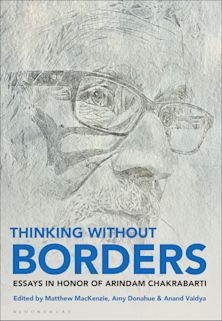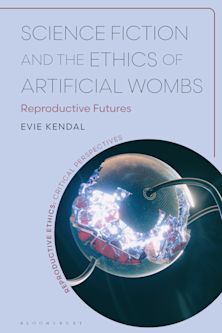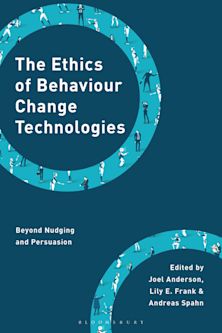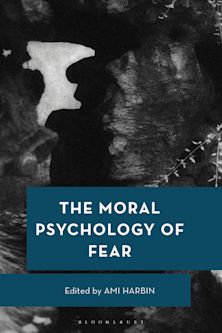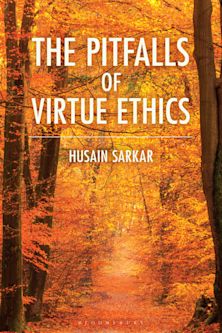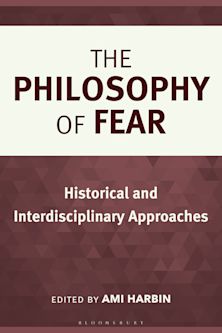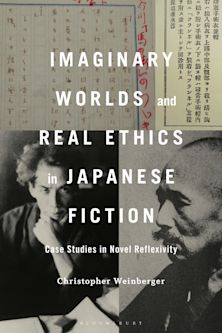- Home
- ACADEMIC
- Philosophy
- Ethics and Moral Philosophy
- Embodied Moral Psychology and Confucian Philosophy
Embodied Moral Psychology and Confucian Philosophy
You must sign in to add this item to your wishlist. Please sign in or create an account
Description
This is a book about the body and its amazing contribution to the moral mind. The author focuses on the important roles the body plays in moral cognition. What happens to us when we observe moral violations, make moral judgments and engage in moral actions? How does the body affect our moral decisions and shape our moral dispositions? Can embodied moral psychology be consistently pursued as a viable alternative to disembodied traditions of moral philosophy? Is there any school of philosophy where the body is discussed as the underlying foundation of moral judgment and action? To answer these questions, the author analyzes Confucian philosophy as an intriguing and insightful example of embodied moral psychology.
Table of Contents
List of Figures and Tables
Part I: Embodied Cognition and Confucian Philosophy
Chapter 1: What is Embodied Cognition and why is it an exciting way to understand the mind?
Chapter 2: Embodied Moral Psychology and Confucian Human Heart
Part II: Aspects of Embodied Confucian Moral Psychology
Chapter 3: Moral Psychology of Confucian Philosophy
Chapter 4: Qing, the Embodied Emotion
Chapter 5: Character or Solution? Situated Confucian Virtue
Glossary of Key Terms
Confucian Philosophers
Bibliography
Subject Index
Author Index
About the Author
Product details
| Published | Nov 01 2012 |
|---|---|
| Format | Ebook (PDF) |
| Edition | 1st |
| Extent | 1 |
| ISBN | 9798216237365 |
| Imprint | Lexington Books |
| Publisher | Bloomsbury Publishing |
About the contributors
Reviews
-
A revival of Confucian ideas is taking place. . . .Seok’s book is a fine example from this trend. . . .Seok makes a convincing case for the importance of what he calls situated Confucian virtue. . . .[this book] is an outstanding example of how a philosopher well-versed in the literature of both the East and the West can bring them together in order to advance the field overall.
Dao: A Journal of Comparative Philosophy
-
There is a movement underway in philosophy that takes advantage of both advanced research in cognitive neuroscience and the latest developments in pre-modern Chinese philosophy with the goal of producing better-founded theories in philosophy more generally. In this book, Bongrae Seok demonstrates why he is among the leaders of this movement. Drawing from a wide range of scientific, interpretive, and philosophical sources, Seok draws a detailed and persuasive argument for understanding Confucian moral philosophy as a middle ground between virtue ethics and situationist ethics, and as an important alternative to prevailing hyper-rationalist theories of moral agency.
Brian Bruya, Ph.D., Professor of Philosophy at Eastern Michigan University and editor of The Philosophical Challenge from China
-
The main strengths of this study lie in a substantive statement of an embodied cognition approach to Confucian moral psychology, particularly the Mencian wing of the tradition. Seok outlines an alternative to existing rationalist and sentimentalist accounts of Confucian moral psychology, drawing extensively from a wide range of research programs across the cognitive sciences in ways accessible to the non-specialist. Along the way, he applies this new framework to a number of important issues in the corpus, including the nature of moral judgment, virtue, and emotion. The book provides a new and fruitful vantage point from which to evaluate some of the core assumptions of the classical Confucian thinkers.
Hagop Sarkissian, The City University of New York, Baruch College












